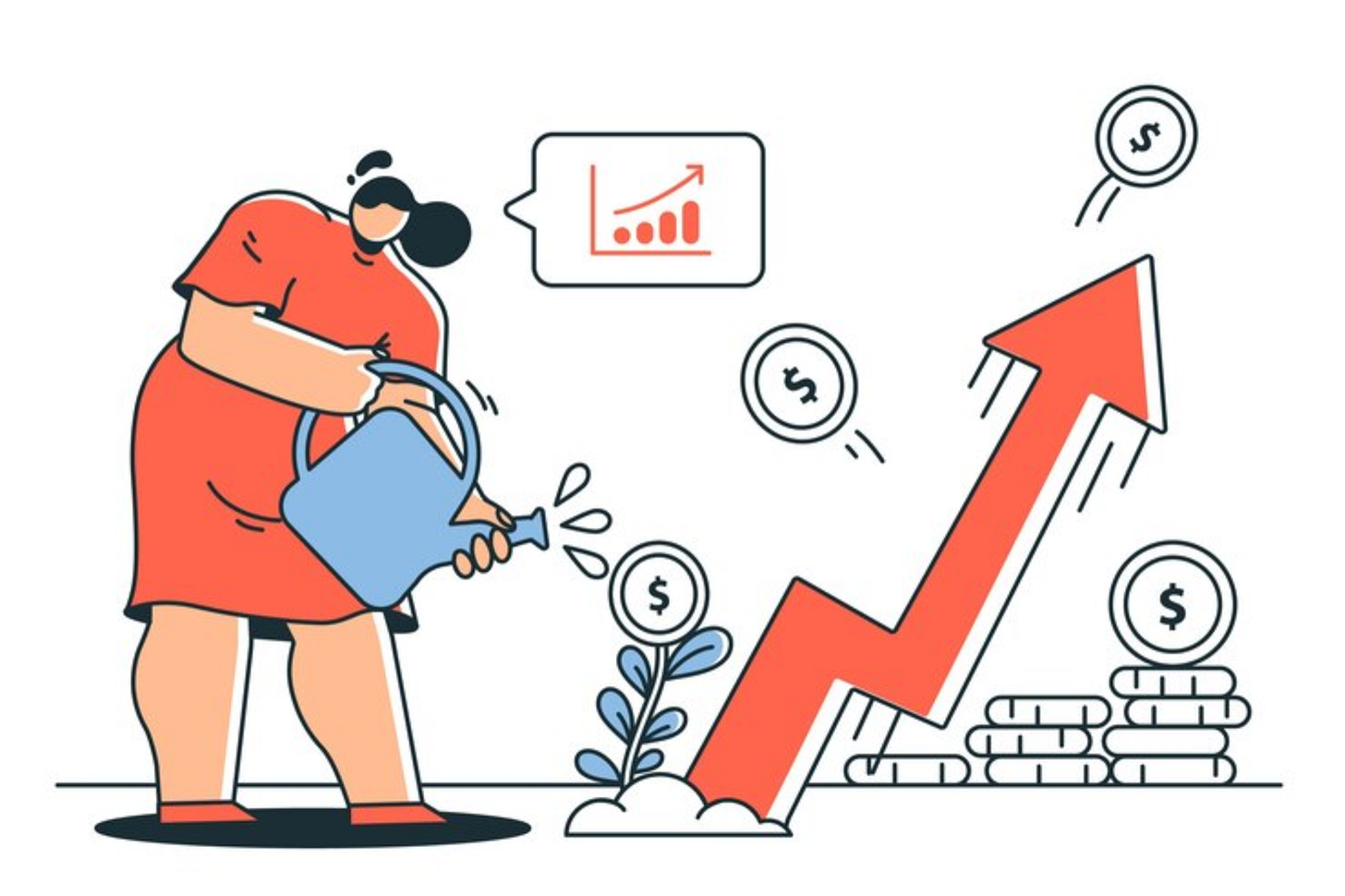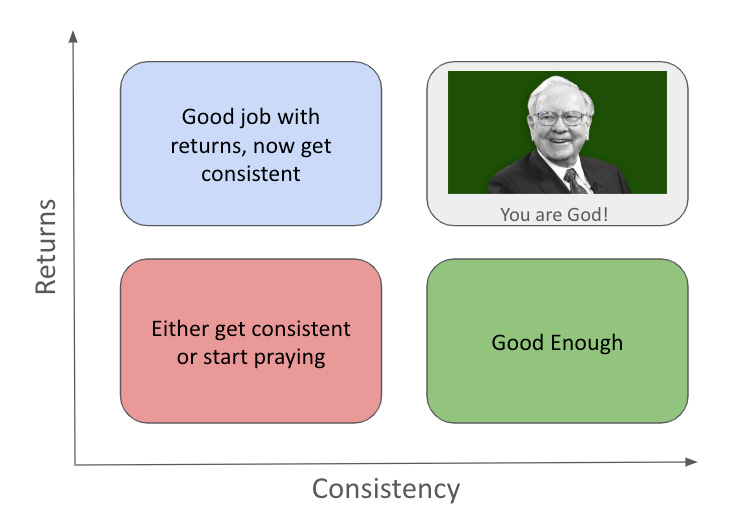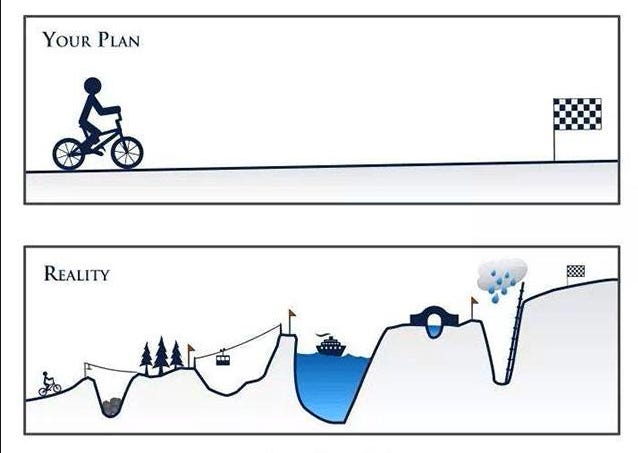8 Lessons from 20 years of Wealth Building
No Rocket Science, Just Common Sense
Two decades ago, I took two major financial steps: I borrowed my first loan (to buy a flat) and started my first SIP with ₹2,000. Just one year after graduation, those two steps kicked off my story of wealth building. As the 20 year anniversary of those events are just around the corner, I sat down to note the biggest learnings from these two decades.
Here’s what I’ve learned along the way:
💰 Borrow wisely. Debt should build, not burden. Borrow for assets that grow, and when possible, keep your borrowing cost lower than the asset’s expected return1.
🌱 Start early, stay steady. The best time to plant a tree was 20 years ago. The second-best time is today. My longest-held investments have the deepest roots, supporting everything above.
I still hold investments from way back then - having compounded to become many multiples of the original investment. But even investments from 5 years ago or even 3 years ago have all contributed. Just letting your investments sit and compound is an excellent wealth building technique that is very under-rated.
📈 Wealth compounds faster than you think. It took me 10 years to get to X. The next 10 years? 10X. The first lap is slow—then momentum kicks in.
(Yes, yes, I contributed a lot of savings to get to the next 10X, but the net result is that the retirement corpus went up 10X, right? And that’s what matters. We underestimate the shape of this curve.)
🍀 Stop chasing windfalls. Big bonuses, IPO exits, or lucky windfalls? Overrated. Unnecessary. Outside of my salary and reasonable bonuses2, I had one ‘big break’—about 7-8 months’ salary. The real wealth-builder? Relentless investing, not jackpot moments.
On the other hand, I am constantly surprised at how many people with thick bonuses and large windfalls don’t seem to get their wealth planning in order. Am I fortunate then not to get windfalls? Are your habits somehow sharper when you don’t have anything to fall back on?
📊 Consistency beats high returns. Over 20 years, after inflation, my investments returned a mere 6.8% per year (in GBP terms). Turns out, you don’t need both high returns and consistency—just one will do. This epiphany has been 20 years in the oven, baking just about now as a well founded philosophy, though.
📉 Setbacks are normal. 63 out of 240 months, my wealth went backwards, despite investing almost every month. Markets dip. Life throws curveballs. Keep going.
🔍 Envy the right things. Covet habits, not cars. If your neighbour has a BMW and better financial discipline, admire the latter—it’ll get you further.
Read chapter 9 of The Psychology of Money - Wealth is what you don't see, if you haven’t already. Out of the great gems Morgan Housel has produced in his two books, this one probably has had the greatest impression on me, even if I probably instinctively knew it earlier.
🛂 Don’t overthink taxes. I’ve invested in India (moderate tax), Singapore (low tax), and the UK (high tax). The common factor? My investments grew everywhere. Focus on financial discipline, not tax rates. If you can optimise taxes beyond that, great, and if not, you will do just fine.
I have borrowed 3 times in my life, 2 times each to buy a flat that I subsequently sold, once to buy my current flat.
I have been paid no more than a month’s salary as a bonus my entire career and that too only half the number of years. By my estimate, my 20 years career resulted in over-salary payments of about 17-18 months salary cumulatively. That’s not much, but you don’t need much more.









